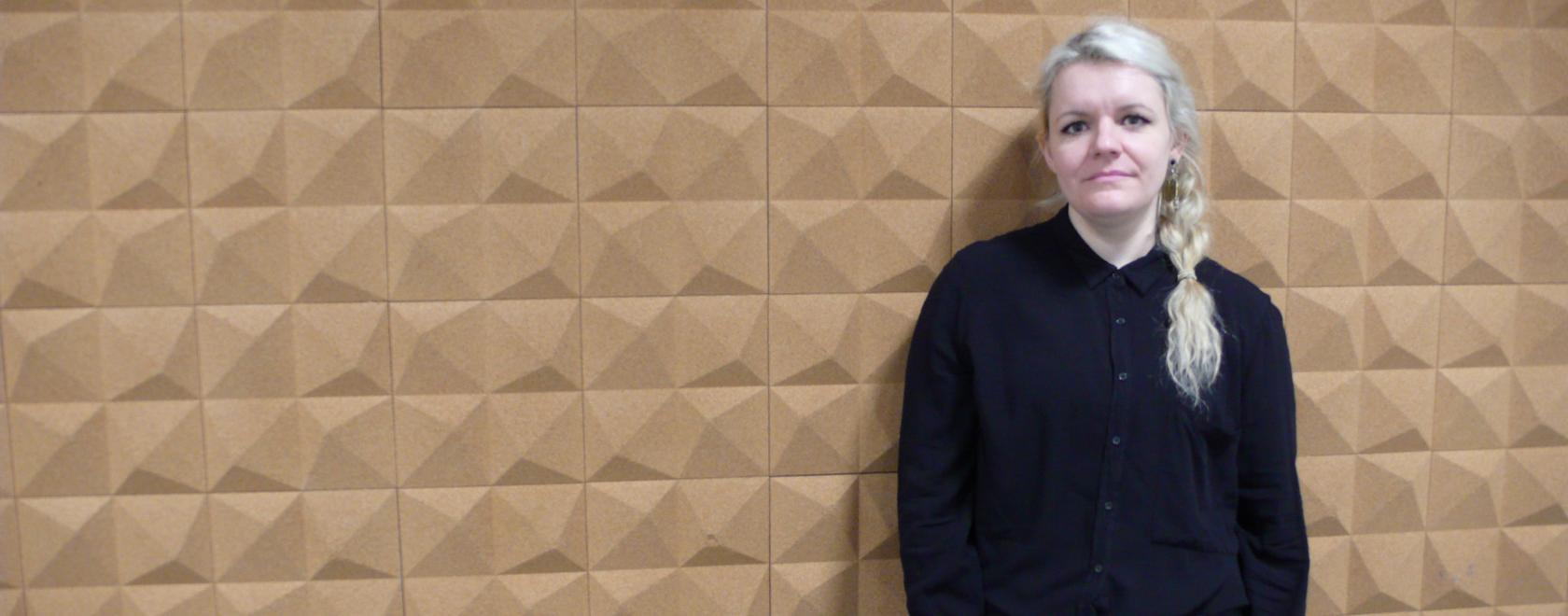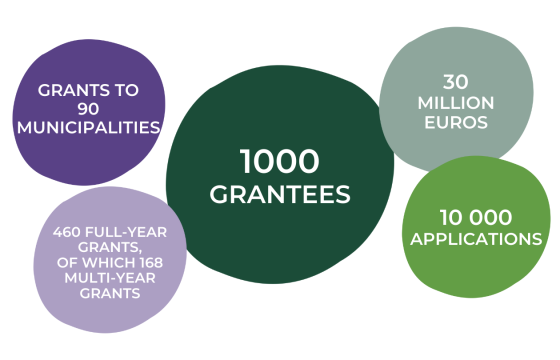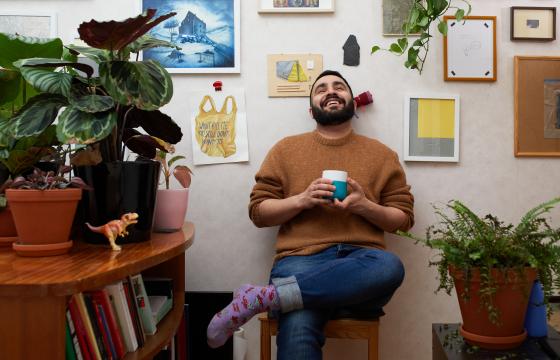
Women are expected to invest plenty of time and effort in caring for their looks. The requirement remains, even as beauty ideals change from one society and generation to another. In current Western society, you must first and foremost be skinny. It is a prerequisite for being seen as beautiful.
A prime manifestation of the requirement are the weight loss shows on TV.
– There are structures of discipline and control in these shows. Participants' diets are controlled and they are subjected to extreme exercise situations that cross the line, Susanne Ritter says.
– There is an aspect of surveillance, too, as participants are basically watched all the time, either by the coaches, cameras or viewers.
According to the shows, being fat is the worst, being skinny is great, and being fat and happy is just not possible.
– I think it is important to research these shows that influence people so much. If there is enough awareness, maybe things can change.
The shows dangle a carrot in front of people's noses, making them think they should change, too, instead of being content with themselves the way they are. It has become the norm for women to always be dieting, and this starts already in childhood.
– Obviously, I am not against exercise, just this ideal set in stone. It discourages women from participating in public life, unless they fit a certain mold. If you are fat, then necessarily you are lazy, too, and undisciplined as well. You won't be hired, you can't get married or be a proper bride if you are fat. Thin is equated with healthy, which is not true. People, and women especially, would have better things to do than worry about their looks.
Ritter sees a vested interest in the preoccupation with thinness.
– So you have to be fit to be seen as productive, which means you have to buy gym memberships etc. There are far too many parties benefitting financially for the pressure to stop.
Originally from Dusseldorf, Germany, Ritter moved to Helsinki in 2013 to study for her MSSc. Since 2018, she has been with Åbo Akademi University in Turku as a PhD student.
– I have a BA in Journalism from the University of Vienna. Media research into the way overweight was portrayed on TV interested me already then. I was lucky enough to be accepted to the Media and Global Communication program of the University of Helsinki. I did my Master's thesis on makeover shows. In it, I researched the thin ideal in relation to oppression. I wanted to expand the concept into a doctoral thesis.
In her thesis, Ritter will compare Finnish and US TV makeover shows.
– There are differences in Finnish and US societies. The American Dream permeats the local shows, too; you can achieve a thin body, if you just want it bad enough. Finnish society is more collective and in the Finnish shows there is more emphasis on working as a group.


